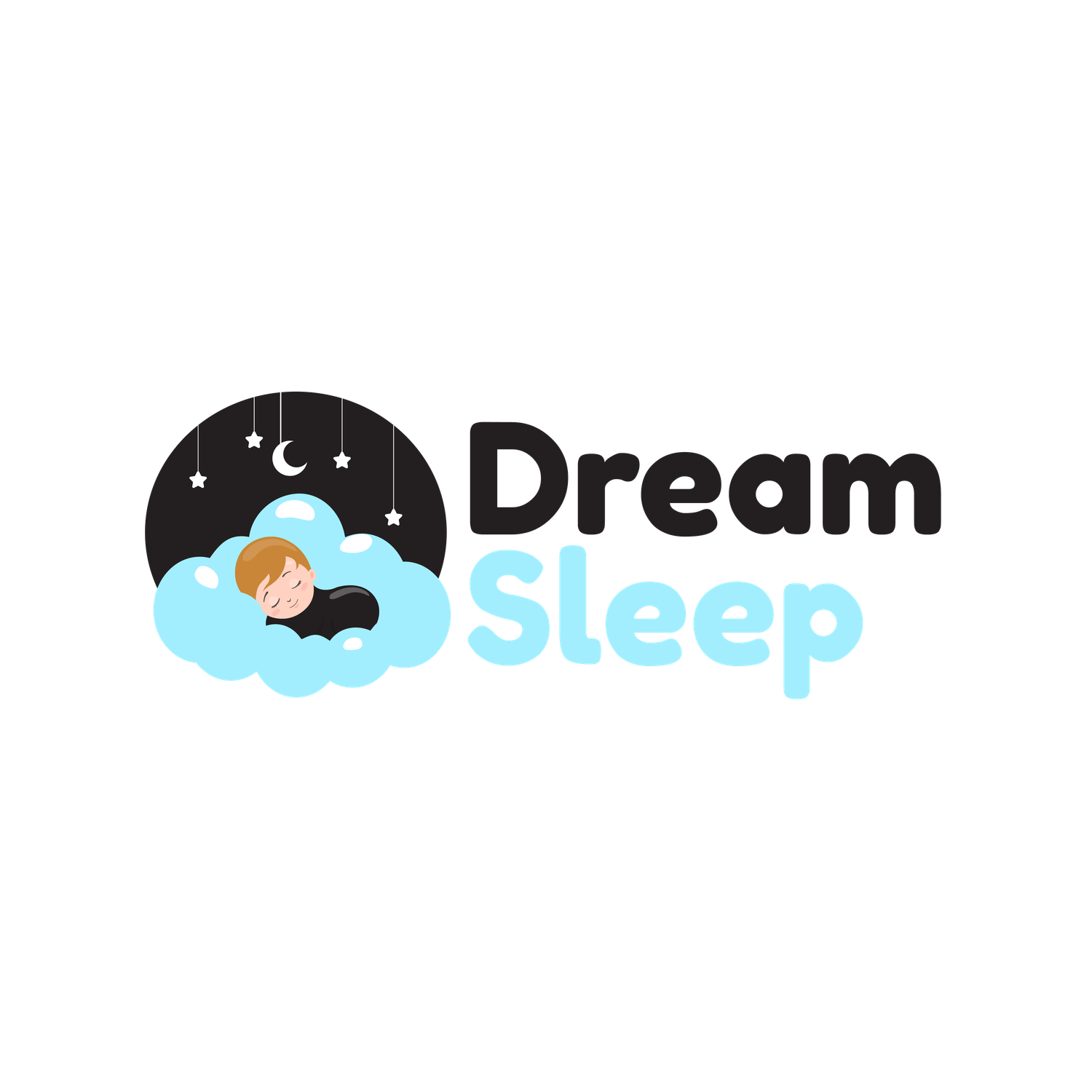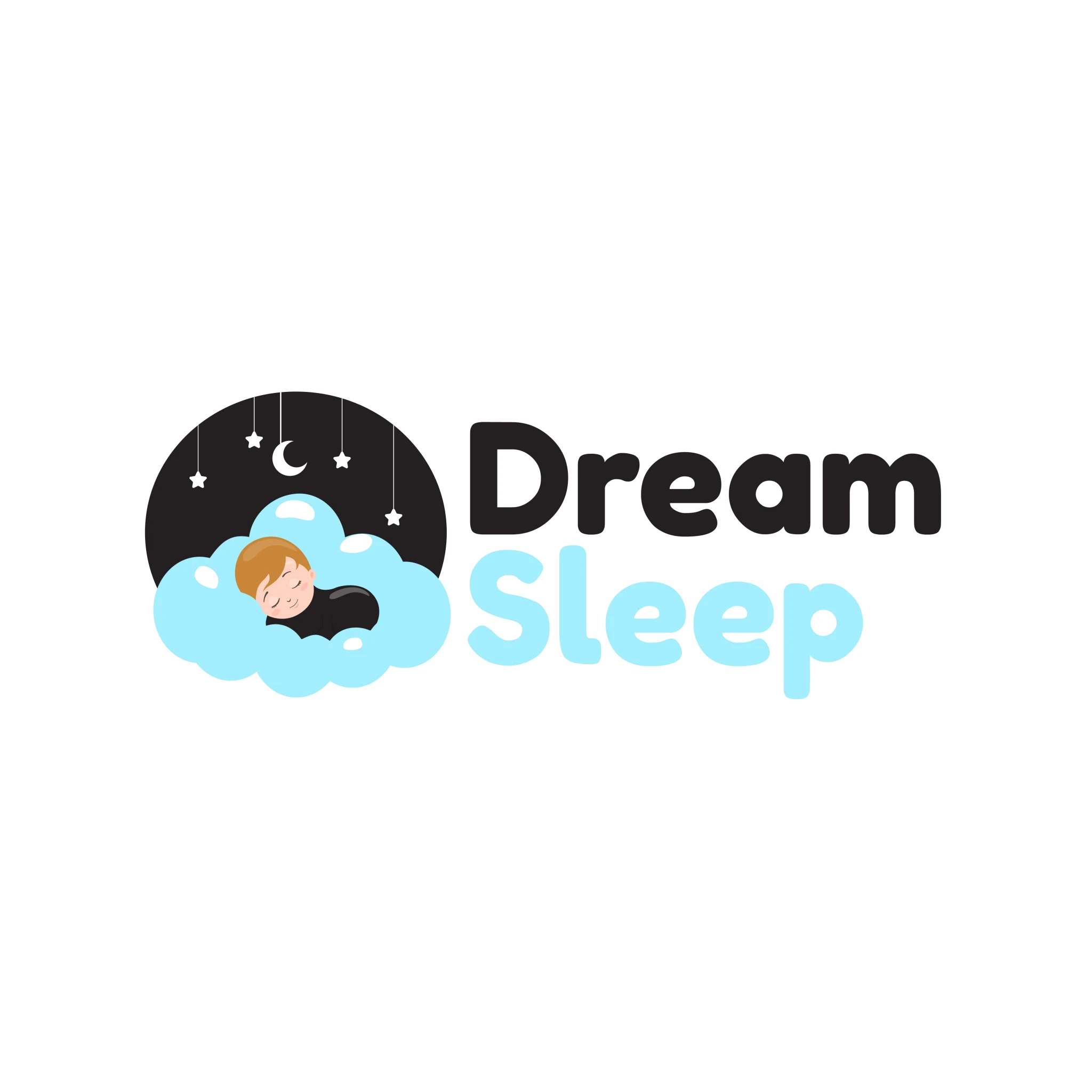Seven months old developmental milestones and sleep
At around 7 months old, infants go through various developmental milestones, particularly related to physical and cognitive development. Here are some common milestones you might expect at this age:
1. Motor Skills:
– Rolling over both ways (front to back and back to front)
– Sitting up without support
– Attempting to crawl or actively crawling
– Standing with support or pulling up to a standing position
2. Communication Skills:
– Babbling with consonant sounds (e.g., “ba-ba,” “da-da”)
– Responding to their own name
– Recognizing familiar faces and objects
– Understanding simple gestures like “bye-bye” or “come here”
3. Cognitive Skills:
– Object permanence: Understanding that objects exist even when out of sight
– Exploring objects by shaking, banging, or mouthing
– Beginning to understand cause and effect (e.g., dropping a toy to see it fall)
– Showing interest in picture books
4. Social and Emotional Skills:
– Developing stranger anxiety and becoming more attached to primary caregivers
– Enjoying social interaction and engaging in games like peek-a-boo
– Displaying a wider range of emotions, such as joy, frustration, and curiosity
– Showing preferences for certain people or toys
Regarding sleep patterns, it’s important to note that each child is unique and may have slightly different sleep habits. By 7 months old, many babies may have settled into a more predictable sleep routine. Here are some general expectations:
– Total Sleep Time: Babies around 7 months old typically sleep for about 12 to 14 hours per day, including nighttime sleep and naps.
– Nighttime Sleep: Many infants can sleep for longer stretches at night, with 1 to 2 nighttime feedings being common. They may sleep for around 10 to 12 hours at night.
– Napping: Babies of this age usually take 2 to 3 naps during the day. The length of each nap can vary, but they often range from 1 to 2 hours.
– Sleep Associations: Babies may have developed sleep associations by this age, such as a specific bedtime routine or a comfort object like a blanket or stuffed animal.
Remember that these are general guidelines, and individual babies may have different sleep patterns. It’s essential to establish a consistent bedtime routine, create a safe sleep environment, and seek advice from Dream Sleep Occupational Therapy if you have concerns about your baby’s sleep or development.
To contact Dream Sleep Occupational Therapy, email info@DreamSleepOT.com.au or visit the website.
Or Book Now
Share this:
Leave a comment

For the best sleep possible
Dream Sleep Occupational Therapy provides evidence-based and personalised advice to support your family’s best possible sleep
Contact Us
Open Hours
Mon-Fri: By appointment only
Saturday: Closed
Sunday: Closed
Public Holidays: Closed
WA School Holidays: Closed
Location
Maylands, Western Australia.
Telehealth, online courses and sleep guides- worldwide
All Rights Reserved 2025 Dream Sleep OT.


